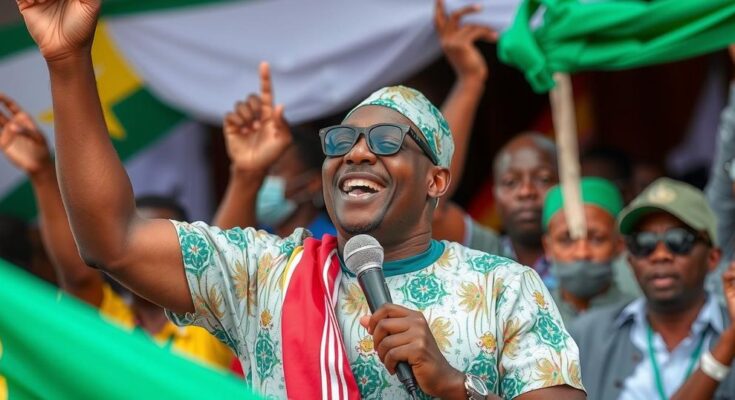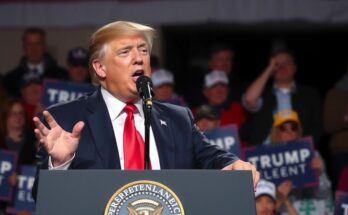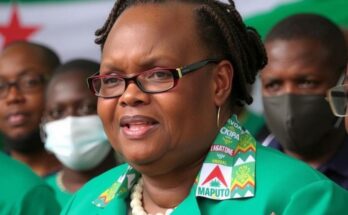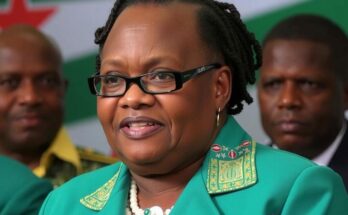Ghana’s opposition claims their candidate, John Mahama, won the presidential election based on provisional results, despite the electoral commission still tallying votes. The election was marked by economic concerns and represented a contest between Mahama and ruling Vice President Mahamudu Bawumia. Violence was reported, but overall, the elections proceeded calmly. Official results are expected by Tuesday.
On Sunday, the opposition National Democratic Congress (NDC) announced that provisional results indicated their candidate, John Mahama, was poised to win the presidential election held over the weekend. Electoral authorities, however, clarified that the official vote count was still in progress. The election was primarily characterized by a contest between Mahama and the ruling New Patriotic Party (NPP)’s candidate, Vice President Mahamudu Bawumia, who sought to mitigate voter discontent regarding the government’s economic policies and rising living costs.
The economic situation in Ghana, heavily impacted by a debt crisis, currency devaluation, and high inflation, influenced voter sentiment significantly. These challenges led to a $3 billion bailout from the International Monetary Fund (IMF), marking a pivotal point in Ghana’s financial landscape. Voters were tasked with choosing a successor to President Nana Akufo-Addo, who completed his maximum two four-year terms and stepped down, alongside electing members of the new parliament.
According to NDC spokesperson, Sammy Gyamfi, their internal results indicated that Mahama secured 56.3 percent of the vote compared to Bawumia’s 41.3 percent. “It is very clear the people of this country have voted for change,” Gyamfi remarked, as local media outlets reported counts from approximately 42 out of 276 constituencies showing Mahama in the lead. Political parties maintained representatives at polling stations to monitor the counting process before the results were submitted to the electoral commission for official verification.
Bossman Asare, Deputy Commissioner of the Electoral Commission, indicated that results were still being compiled, with many regional tallies yet to reach the central reporting hub. The commission projected that the official results would be released by Tuesday. Despite the overall calm during the elections, incidents of violence were reported, including two fatalities resulting from shooting incidents in the northern and central regions.
Ghana’s political scene features the NPP and NDC, two leading parties alternating in power since the establishment of multi-party politics in 1992, reflecting a history of democratic stability. Bawumia aimed to extend the NPP’s influence with the slogan “Break the 8,” which referred to securing a third consecutive term in office. Nonetheless, he faced considerable scrutiny over President Akufo-Addo’s economic legacy, a significant electoral issue despite a decrease in inflation rates from over 50 percent to around 23 percent, indicating persistent economic struggles that propelled Mahama’s comeback bid after previous electoral defeats.
The political landscape in Ghana is marked by a vibrant multi-party democracy established in 1992, which has seen two main parties, the National Democratic Congress (NDC) and the New Patriotic Party (NPP), alternating in governance. The current election was noted for its focus on economic issues, particularly the hardships related to debt and inflation, which have significantly impacted the populace. The outcome of this election is crucial as it marks a transition period with the current president, Nana Akufo-Addo, stepping down after serving the maximum term limits.
In summary, the preliminary declarations by the NDC suggest a favorable outcome for John Mahama amidst significant economic challenges faced by the country. While electoral authorities continue to compile the official results, the evident voter discontent regarding government policies appears to have played a pivotal role in shaping the electoral outcome. As the nation awaits official confirmation, the situation reflects broader trends in Ghanaian politics and governance.
Original Source: themercury.com




